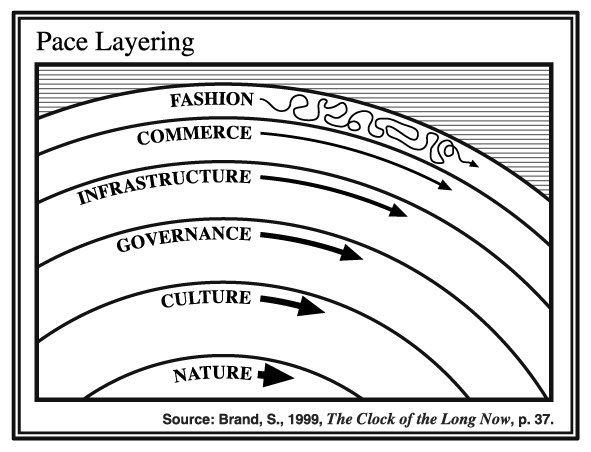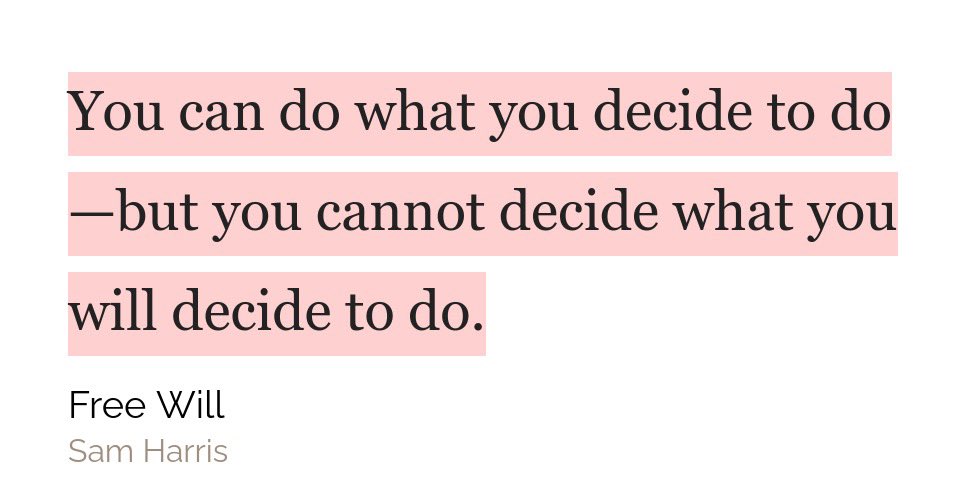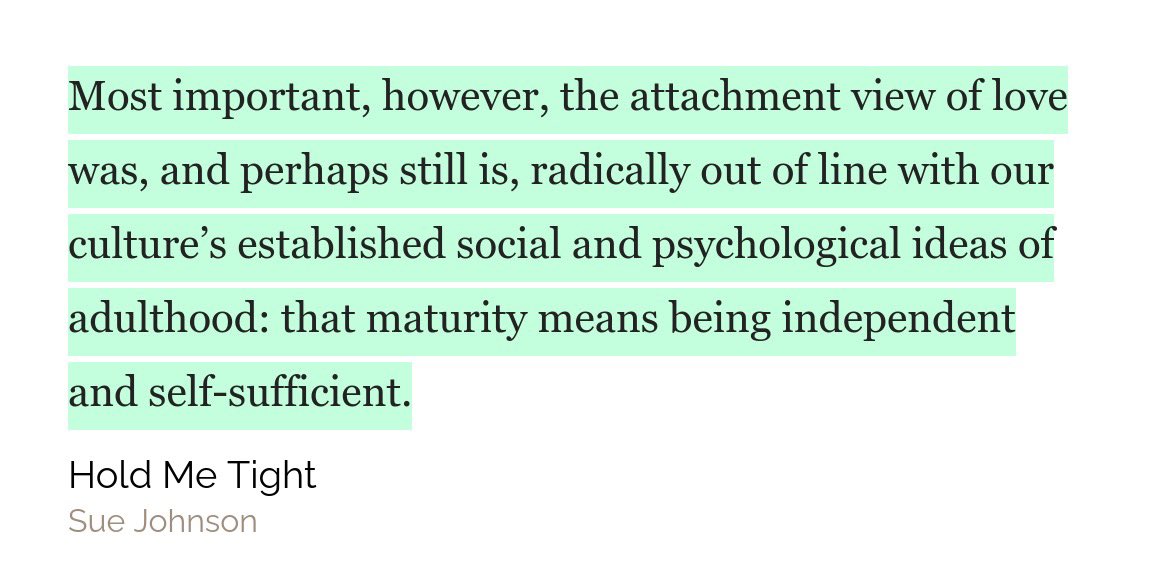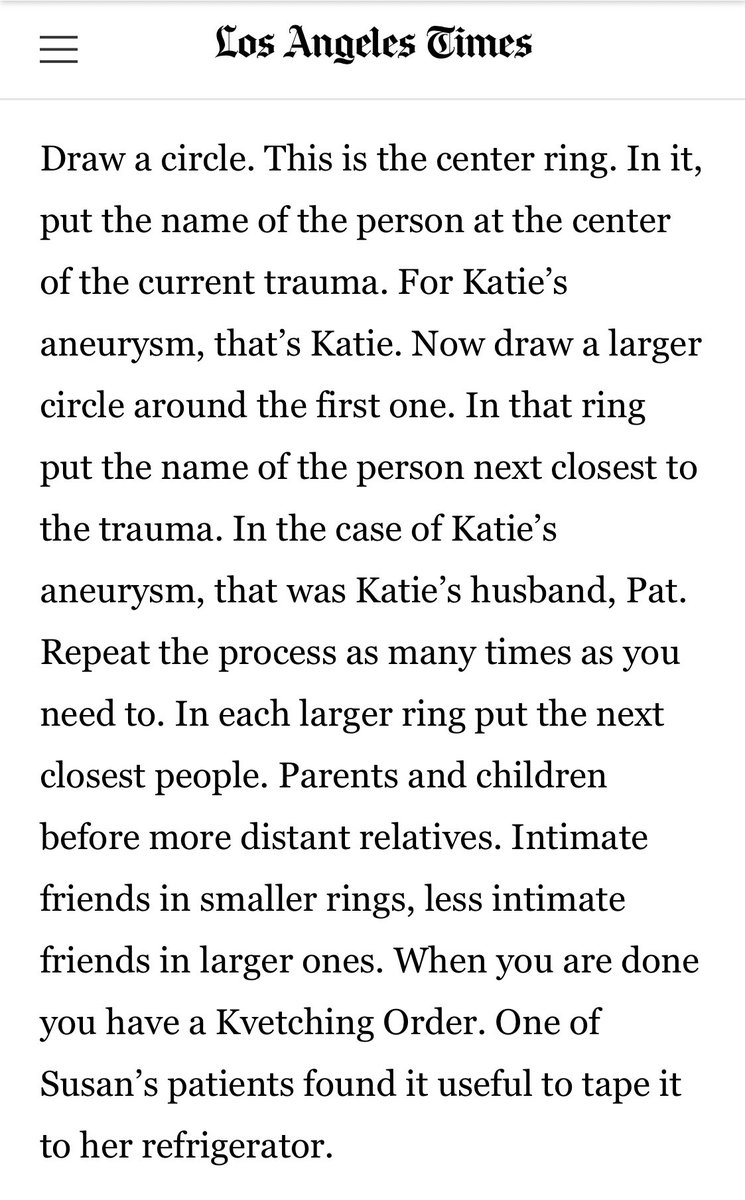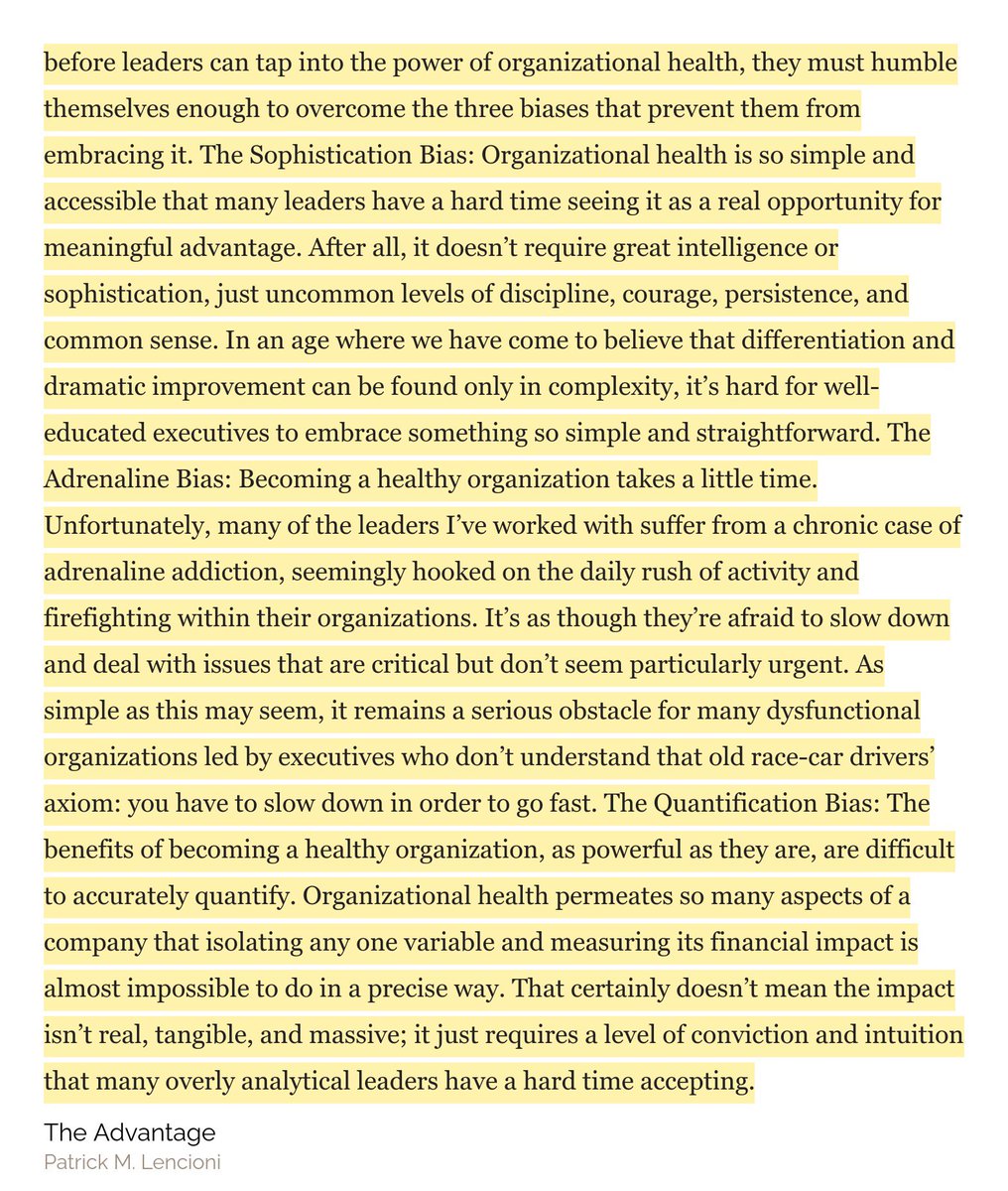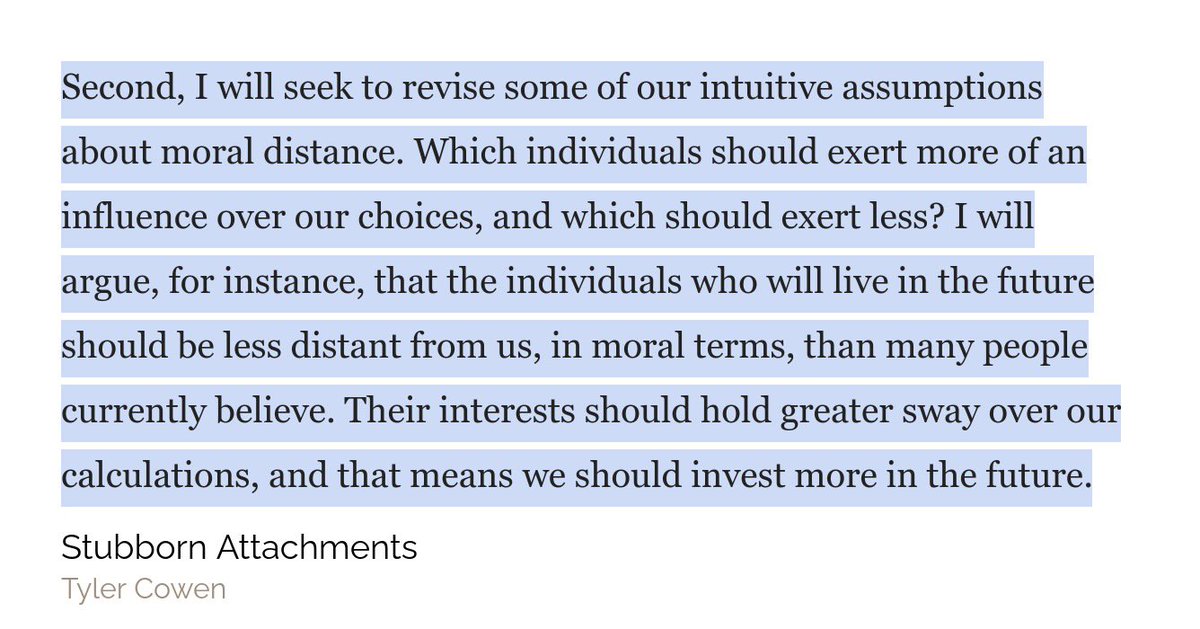Someone asked what my quake books are.
So, here are many of the books that shook some part of my intellectual foundation to its very core.
I’ll give each a Richter scale rating for how deeply it rattled me.
So, here are many of the books that shook some part of my intellectual foundation to its very core.
I’ll give each a Richter scale rating for how deeply it rattled me.
First: not a book, but a mental model that explains quakebooks: Pace Layering. The slower things change, the more foundational and powerful they are.
“Quakes” happen when something at a higher level (art) gets embedded in a lower level (culture), posssibly displacing something.
“Quakes” happen when something at a higher level (art) gets embedded in a lower level (culture), posssibly displacing something.
That gives us a good starting point:
HOW BUILDINGS LEARN.
Why some buildings become beloved, and how to build those. “Perfect design” hurts, having lots of time or adaptability helps.
https://www.amazon.com/dp/0140139966/ref=cm_sw_r_cp_awdb_t1_jcV7EbWZBGYGV
Genesis of Pace Layers. Very widely applicable conclusion. 5/10 quake.
HOW BUILDINGS LEARN.
Why some buildings become beloved, and how to build those. “Perfect design” hurts, having lots of time or adaptability helps.
https://www.amazon.com/dp/0140139966/ref=cm_sw_r_cp_awdb_t1_jcV7EbWZBGYGV
Genesis of Pace Layers. Very widely applicable conclusion. 5/10 quake.
MEDITATIONS.
Applied psychology from someone actually struggling with real issues. under stress. A bit like peaking into the “notes to self” folder of an incredibly smart leader.
Inspired studying stoicism (and fiveish years of being insufferable about it). 6/10.
Applied psychology from someone actually struggling with real issues. under stress. A bit like peaking into the “notes to self” folder of an incredibly smart leader.
Inspired studying stoicism (and fiveish years of being insufferable about it). 6/10.
LETTERS FROM A STOIC.
Meditations was a gateway drug; this was the hard stuff that got me hooked. It showed me a path towards more tranquility and self-control.
I took the self-reliance idea too far, but I later understood the nuance around this that Seneca included. 8.5/10.
Meditations was a gateway drug; this was the hard stuff that got me hooked. It showed me a path towards more tranquility and self-control.
I took the self-reliance idea too far, but I later understood the nuance around this that Seneca included. 8.5/10.
EAST OF EDEN.
Steinbeck at his best. When I read this fiction book as a deeply rebellious and chaotic 19 year old, I fell in love woth the idea of “Timshel” - that I could choose my own fate.
I got the word tattooed on me and read the book 5+ times. 9.5/10.
Steinbeck at his best. When I read this fiction book as a deeply rebellious and chaotic 19 year old, I fell in love woth the idea of “Timshel” - that I could choose my own fate.
I got the word tattooed on me and read the book 5+ times. 9.5/10.
THE ORIGIN OF CONSCIOUSNESS IN THE BREAKDOWN OF THE BICAMERAL MIND.
This showed me how audacious an idea can actually be. This reset my bar for a “big” idea and what constitutes the feeling of “beauty” in theory. It convinced me our consciousness evolves from metaphors. 8.5/10.
This showed me how audacious an idea can actually be. This reset my bar for a “big” idea and what constitutes the feeling of “beauty” in theory. It convinced me our consciousness evolves from metaphors. 8.5/10.
ECHOPRAXIA. (spoiler alert)
Before “The Origin of Consciousness,” this fiction book made me question whether consciousness was required for intelligence and whether it was even an evolutionary beneficial adaptation.
7/10. This was a scary idea to grapple with.
Before “The Origin of Consciousness,” this fiction book made me question whether consciousness was required for intelligence and whether it was even an evolutionary beneficial adaptation.
7/10. This was a scary idea to grapple with.
FREE WILL.
Since we’re on this theme, let’s round out with Harris’ book arguing that we really have far less free will than we assume, but that this doesn’t absolve is from responsibility or choice.
5.5/10.
Since we’re on this theme, let’s round out with Harris’ book arguing that we really have far less free will than we assume, but that this doesn’t absolve is from responsibility or choice.
5.5/10.
HOLD ME TIGHT.
As someone who adopted stoicism as a philosophy of individual strength, the idea of communal or romantic attachment was scary. This book dramatically altered my self-identity and helped me see dependent connection with others as part of a healthy life. 8/10.
As someone who adopted stoicism as a philosophy of individual strength, the idea of communal or romantic attachment was scary. This book dramatically altered my self-identity and helped me see dependent connection with others as part of a healthy life. 8/10.
WHAT TECHNOLOGY WANTS and THE SINGULARITY IS NEAR.
Both books contributed to the idea that technology is a visible and rapid example of evolutionary forces, just like we see in biology. Evolution as a form of gravity, with an a priori direction... definitely a heafty idea. 4/10.
Both books contributed to the idea that technology is a visible and rapid example of evolutionary forces, just like we see in biology. Evolution as a form of gravity, with an a priori direction... definitely a heafty idea. 4/10.
SURELY YOU MUST BE JOKING MR. FEYNMAN.
Lighthearted in comparison, but this showed the power of play and exploration. Shortly after reading this, I begun to stop leading a purely goal/outcome oriented life. Focus on how you play, not what the score is. 8.5/10.
Lighthearted in comparison, but this showed the power of play and exploration. Shortly after reading this, I begun to stop leading a purely goal/outcome oriented life. Focus on how you play, not what the score is. 8.5/10.
RING THEORY. Not a book, but should be. Anyone involved in a tramautic event focuses on helping those more effected and pulling help from those less effected. It’s the best community response to bad events and completely shaped my approach to care (of self and others).
9/10
9/10
THE ADVANTAGE.
This solidified a lot of intuition I had around being a part of a team and gave me the language and tools to push for better alignment and shared understanding.
Before reading this, I was ashamed of being too “woo woo” in low eq/high iq environments. 6.5/10.
This solidified a lot of intuition I had around being a part of a team and gave me the language and tools to push for better alignment and shared understanding.
Before reading this, I was ashamed of being too “woo woo” in low eq/high iq environments. 6.5/10.
STUBBORN ATTACHMENTS. This was a big quake for me because of the simple idea that discounting the future less gives us far more leverage to be good ancestors (credit: Jonas Salk).
The book is only a minor quake, but that idea was easily a 7/10 on its own.
The book is only a minor quake, but that idea was easily a 7/10 on its own.
ANATHEM and SPIN.
On that same theme, these two fiction books made me think about the concept of time and the leverage (and challenge) of acting on multi-generational time scales.
Also the value of historians and skeptics (Lorrites, in Anathem) finally became more clear. 5/10.
On that same theme, these two fiction books made me think about the concept of time and the leverage (and challenge) of acting on multi-generational time scales.
Also the value of historians and skeptics (Lorrites, in Anathem) finally became more clear. 5/10.
THE POWER BROKER.
I finally understood about systemic power, and its dangers, from reading this biography. As someone who wants to make systemic changes, this book showed me the dangers and bias inherent in centralizing the power to make change in one person or group.
7.5/10.
I finally understood about systemic power, and its dangers, from reading this biography. As someone who wants to make systemic changes, this book showed me the dangers and bias inherent in centralizing the power to make change in one person or group.
7.5/10.
WHY WE SLEEP.
Led me to realize the short and long term importance of sleep. 5/10.
THE UPSIDE OF STRESS. Helped me create healthier stress. 6/10.
THE JOY OF MOVEMENT. Helped me view exercise as play instead of goal oriented. 4/10.
Led me to realize the short and long term importance of sleep. 5/10.
THE UPSIDE OF STRESS. Helped me create healthier stress. 6/10.
THE JOY OF MOVEMENT. Helped me view exercise as play instead of goal oriented. 4/10.
Work books:
- 7 Powers (how to measure and build moats)
- The Score Takes Care of Itself (focus on process and habits)
- Creative Selection (taught me what a good “Demo” culture looked like).
- High Output Management (gave me great management habits to copy early in my career).
- 7 Powers (how to measure and build moats)
- The Score Takes Care of Itself (focus on process and habits)
- Creative Selection (taught me what a good “Demo” culture looked like).
- High Output Management (gave me great management habits to copy early in my career).
Was that too many books?
Hell yes it was, but I trust most people will skip this because it’s not interesting to them right now and graciously indulge my public self-reflection.
Hell yes it was, but I trust most people will skip this because it’s not interesting to them right now and graciously indulge my public self-reflection.
You: “Tyler, that’s too many, just pick one.”
Me: Ring Theory. Deeply internalizing that concept was one of the most important things I ever did.
It also works for self-care and civic responsibility. Care for yourself first than work out towards the bigger rings of society.
Me: Ring Theory. Deeply internalizing that concept was one of the most important things I ever did.
It also works for self-care and civic responsibility. Care for yourself first than work out towards the bigger rings of society.
You could argue that only the >8s were truly “quake books” and those are ones I’m insanely grateful for finding.
Sometimes (like in this thread) we cast a wide net on “quake books” when we should be content to find one very few years.
Mea culpa if I fell into that trap here.
Sometimes (like in this thread) we cast a wide net on “quake books” when we should be content to find one very few years.
Mea culpa if I fell into that trap here.
Ok. That’s it. I may have missed one or two, but this is a fairly comprehensive list so far.
This is already too long—Quake podcasts, quake articles, quake videos, and quake speeches will have to wait for some future thread. :)
To the three of you that read this far, thanks!
This is already too long—Quake podcasts, quake articles, quake videos, and quake speeches will have to wait for some future thread. :)
To the three of you that read this far, thanks!

 Read on Twitter
Read on Twitter